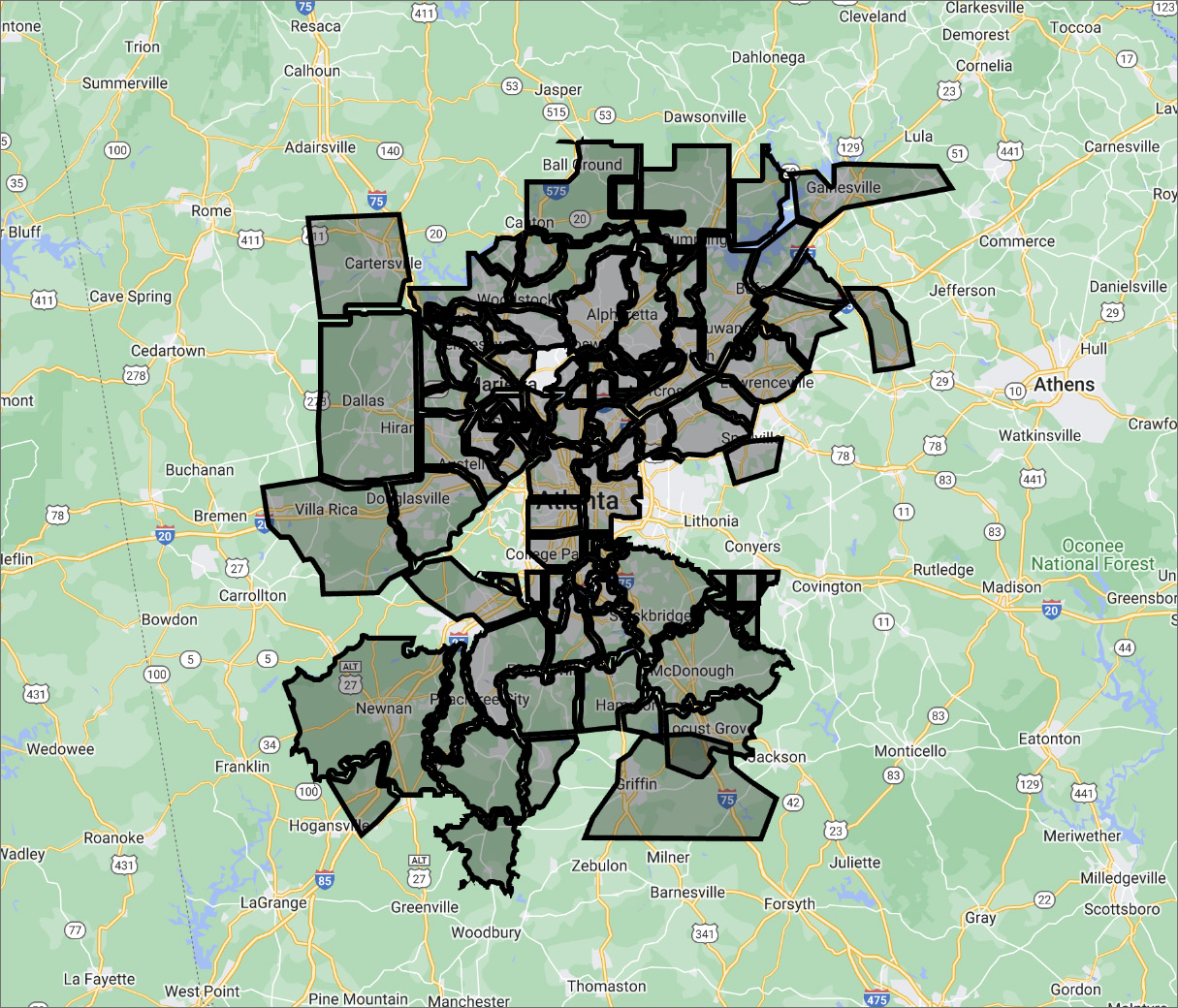If you’re concerned that your pet cat isn’t getting the nutrients it needs to live a healthy life, you can take control over its diet and start making food at home. While you’re at it, consider the benefits of introducing probiotic-rich meals into your cat’s diet.
You can make your own probiotic-dense foods for your cat, all in the comfort of your own home. Small snacks of blueberries and honey can help with gut health, as can the introduction of fermented foods and kefir dairy products, which are lactose-free. While making probiotic foods at home gives you more control, supplements that are specifically designed to give your cat a healthy dose of probiotics can also help. Before giving your cat additional probiotics, speak with your vet about introducing them into your pet’s diet. This helpful kind of bacteria can strengthen your cat’s gut and provide additional health benefits.
When you’re unable to be there to take care of your friendly feline, reach out to the experienced cat sitters at Critter Sitters by calling us at (404) 793-6178.
Making Probiotics for Your Cat at Home
Giving your cat a diet that’s rich in probiotics can greatly help its intestinal health. While purchasing probiotic blends or supplements is certainly an option, some cat owners want to take a more natural route and make their own probiotic concoctions for their felines at home.
Let’s start with the simplest recipes to give your cat a healthy dose of probiotics. Blueberries are rich in prebiotics, which probiotics feed on. Dipping a few blueberries in honey can result in the perfect combination of prebiotics and probiotics to give your cat’s gut the healthy boost it needs. Only do this in moderation, as too many blueberries or too much honey might cause discomfort of the stomach for your feline friend.
If you own a cat, you probably already know that it’s lactose intolerant. So, giving your cat any dairy-heavy foods with probiotics, namely yogurt, is not a good idea. However, lactose-free options, like kefir milk, are rich in probiotics and safe for your cat to ingest. You can mix kefir milk into your cat’s wet food or put a splash into their water bowl every now and then to ensure a healthy gut.
You can also take on the project of fermenting foods like carrots, beets, or kale. These foods are nutrient-dense in and of themselves and become full of probiotics when fermented. Talk to your vet if you have any reservations about making probiotic-dense food recipes for your cat at home.
Should You Make or Purchase Probiotic Foods for Your Cat?
It is a big responsibility to make your cat’s food, whether or not your goal is to incorporate probiotics into its diet. If you aren’t sure whether to make or buy probiotic blends, the experienced Rosewell cat sitters at Critter Sitters can give you some guidance.
You can certainly make probiotic blends for your cat at home. There are few risks to doing this, so long as the food you’re feeding your cat is safe for felines. Many human foods are safe to a certain degree, although anything in excess can cause stomach issues for cats, regardless of its probiotic content.
There is also the option of purchasing probiotic blends or supplements. There are lots of different types of probiotic products available for purchase, many with a focus on giving your cat the bacteria it needs for a healthy gut. Unfortunately, some powders or supplements contain unnecessary ingredients, and you can’t always be sure if a probiotic blend made outside your home is safe.
Your veterinarian can point you in the direction of pre-made probiotic options for felines. Some cat foods come packed with probiotics to alleviate any additional difficulties of adding probiotics to a cat’s diet. Making probiotic-rich foods for your cat at home gives you greater control over what your feline friend is eating.
Tips on Feeding Your Cat Homemade Probiotics
If you’re introducing probiotic-rich foods into your cat’s diet, there are a few tips you should be aware of. The first is to monitor your cat. Pet parents should also be aware of not to overdoing it when it comes to probiotics.
If you’re planning on purchasing probiotic supplements, you may be able to give one dose to your cat daily. Once again, check with your vet to make sure a daily dose of probiotics is safe and aligns with your specific pet’s health needs.
Giving your cat too many probiotics, whether in homemade foods or purchased blends, could cause constipation or diarrhea. That’s why it is best to start adding probiotics to your cat’s diet slowly and to monitor it for possible changes to its daily routine and overall health. When making your own probiotic food for your cat, confirm with your vet that the foods you’re feeding it are safe for felines.
Why Are Probiotics for Cats Important?
Probiotics support gut and intestinal health for cats, just as they do for humans. Adding probiotics to your cat’s diet can greatly improve its overall wellness, especially as it ages.
Having a strong and healthy gut is crucial for all living beings. Whether or not your cat has pressing intestinal or gut issues, probiotics are an important aspect of its diet. They promote digestion and absorption of nutrients and can help cats with upset stomachs get back on track.
Probiotics are especially important for senior cats, as these felines might be more likely to develop digestion issues as they age. Adding probiotics to your cat’s diet can help it rebound from intestinal illnesses or other stomach issues it might be dealing with and prevent similar discomforts from reoccurring. Probiotics are good kind of bacteria that fight against bad bacteria in the body, enabling cats to live healthier lives.
Call Our Cat Sitters Today
Call the Atlanta cat sitters at Critter Sitters at (404) 793-6178 when you need a helping hand to look after your pet.


